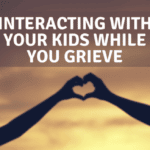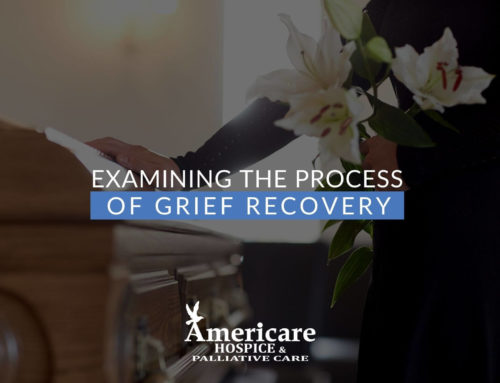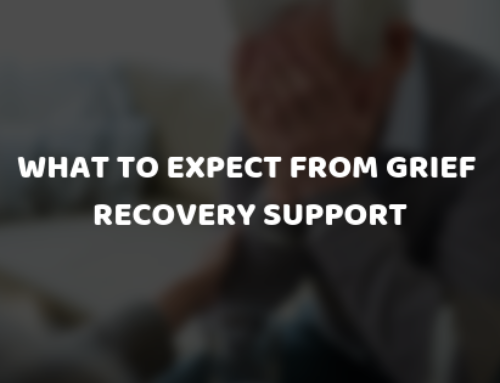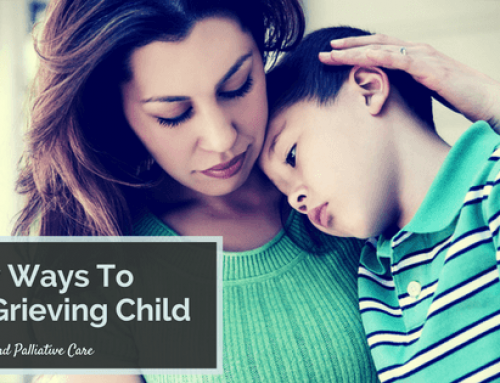Bereavement for Children: Helping Your Kids Cope with Loss
When someone in your family dies, you may not think that children really understand what’s going on or that they have any feelings about it. But even very young children can grieve, and even if they aren’t expressing their feelings and observations to you, they certainly understand what’s happening. Children are astute observers, and they register everything that you do (or don’t do). They read your feelings in the way you stand, the way you hold your hands, the expressions on your face, and how you talk about what’s happening.
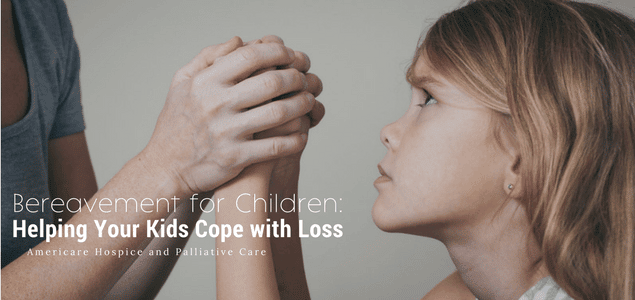
The best thing you can do when someone dies is to talk with your children directly. Trying to avoid the issue will only make it worse. If your loved one was in hospice care in Scottsdale, you may have had more time to prepare for this conversation or may have had support. But if your loved one died suddenly, you may feel a bit at a loss about what to do. Here are some tips for how to help kids understand their grief and cope with the loss:
Know Where Your Child is Developmentally

The conversation you have about death and grief will be much different for each child, depending on how old they are and where they are developmentally. Preschool children can understand the concept of death, but they still see it as temporary or reversible. They also react to it impersonally in most cases. When they turn 5, they start to understand that death is final and that all people and animals will die. But they still don’t think about death in personal terms – they maintain the illusion that they can somehow escape this fate themselves.
At around 9 or 10, kids know that death is irreversible and that they will also die one day. They may start to be interested in the “meaning of life” or develop philosophies about death.
Knowing where your child is developmentally can help you understand what to discuss. For example, you wouldn’t want to reassure your preschooler that she won’t die for a very long time. You may think you are being comforting, but you are inadvertently planting the idea that she will die – something that is not even on her radar yet.
Answer Plainly with What You Know

A lot of us fear talking to children about death because we feel like we have to provide answers that we may not have. What if they ask about what happens to people after they die? What if they ask if they will see their loved one again? Know that it is OK – and actually preferable – to tell your children that you just don’t know. They will sense it if you are lying, so it’s important to tell the truth and to be confident in what you are saying. If you don’t have beliefs about those questions, you can say something like “Some people believe that…” or “I just don’t know, but I hope that…”
Keep the talk as simple as possible. We don’t have the answers. If we did, there wouldn’t be so much mystery around death or the meaning of life. Don’t expect those answers to come just because you are talking to your children about death.
Go at Their Pace

Children may not want to talk when you want to talk. They may be silent while you talk, or they may have a lot of questions. They may listen for a moment and then run off to play, or they may sit somberly and listen. Know that children react differently, and you should follow along at their pace.
Be there when they want you to be there. Be ready to answer questions when they have them. Don’t push the conversation if they aren’t ready.
Get Support Where Needed

Most hospice programs have a bereavement program for the whole family. If your loved one was not in hospice care, you may still be able to join a bereavement support group through your local hospice. You can also look for grief counseling for kids specifically, either in the form of a support group or a therapist.
Know that seeking professional help doesn’t mean that you have failed your kids. It just means that your children may need a little extra help and that you and your family could benefit from some outside perspective. Death is hard on everyone – get help where you can.
[lyte id=”qbTrx4H74-E” /]
Talking to children about death may be difficult, but you shouldn’t avoid it. Death is a part of life, and it is important that you have healthy conversations about death as needed to help children learn to cope with it throughout life.
Americare Hospice and Palliative Care in Arizona offers a bereavement program for the whole family, including grief counseling for kids. We have individual counselors available, or you can join a bereavement support group. Call us in Arizona today to learn more about hospice care or our grief support services.
Published By:
1212 N. Spencer St., Suite #2
Mesa, Arizona 85203
Office: (480) 726-7773
Fax: (480) 726-7790
Email: info@americarehospice.org



